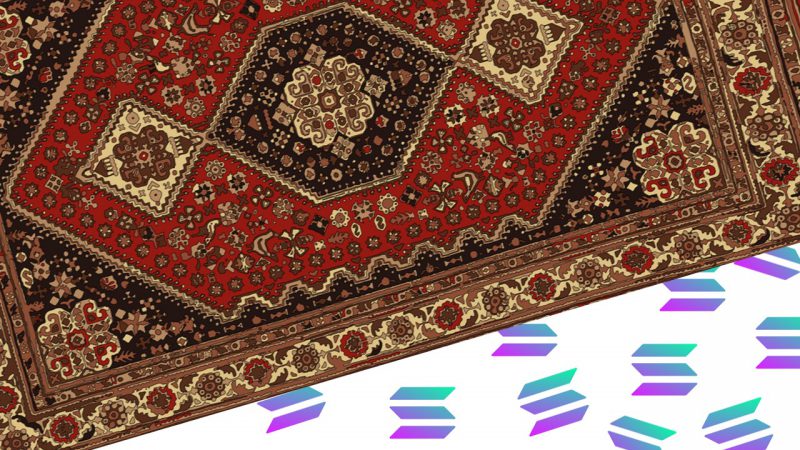Whether it’s the slow poison of OneCoin or an instant shutdown by Squid Game, rug pulls are incredibly painful for the overall development of the crypto industry. Recently, the founder of NeoNexus, a Solana-based NFT, revealed the team was abandoning the project, which many believe is the latest rug pull on the Solana network.
Data showed that NeoNexus minted a total of 25K SOL during its tenure on the Solana marketplace, valued between $3-$5 Million around the time the collection was minted.
A message on the project’s Discord showed that Solana’s price was and lackluster performance of its NFT space was a deciding factor in deserting the project. The message read,
“It has been incredibly difficult trying to grow and continue our project in this ecosystem and market conditions where the price of SOL has dropped so much and the activity, volume, and interest in the entirety of the Solana NFT space has decreased.”
History Repeats Itself?
Unfortunately, Solana has been on the receiving end of some unpleasant rugs over the past few months. Earlier in January, scammers pulled off one of the largest NFT rug pulls in Solana’s history. Masquerading as developers who launched the non-existent ‘Big Daddy Ape Club’ NFTs, the scammers made off with 9,041 SOL, or around $1.3 million of funds at the time.
Pseudonymous user @DegenSwings used the latest rug as an opportunity to recall how wormhole exploits were used to silently transfer funds from Solana to Ethereum, revealing a major loophole in the network.
Solana At Fault?
Firstly, it’s important to understand that NeoNexus’ blame game is more reflective of macro conditions rather than Solana’s ecosystem. SOL’s price, much like its counterparts, has had a difficult period in 2022 due to Bitcoin’s fall from grace.
Furthermore, NFT marketplaces across several platforms have witnessed stagnant growth of late. A report by Fortune showed that NFT sales were declining and even suggested that the ‘bubble showed clear signs of bursting’.
Are there gray areas in Solana’s NFT protocol can scammers are taking advantage of? Probably, but such areas are common across most NFT marketplaces. Over the years, NFT rug pulls have made headlines across the Binance Smart Chain, Avalanche, Ethereum, and Polygon networks. KYC verification is not an exact science and doxxing is not considered an ethical solution to tackle the problem.
However, Solana has attempted to cross the boundary. Last month, Magic Eden, the biggest NFT marketplace on Solana, placed new safety procedures to help prevent future scams after an earlier loophole was exposed by Balloonsville. This included tighter KYC requirements on creators that force them to “privately dox” to the company.
Will the new changes help with fewer scams? It’s too early to tell but singling out Solana for the scams is rather unprecedented unless the network was the only victim of such rug pulls.





